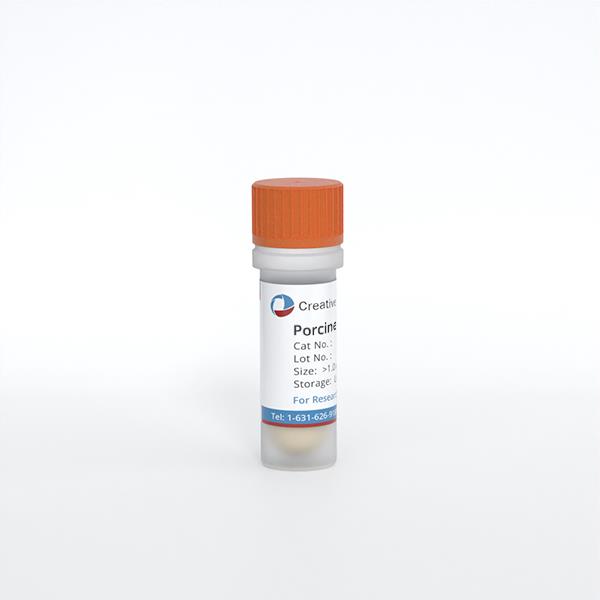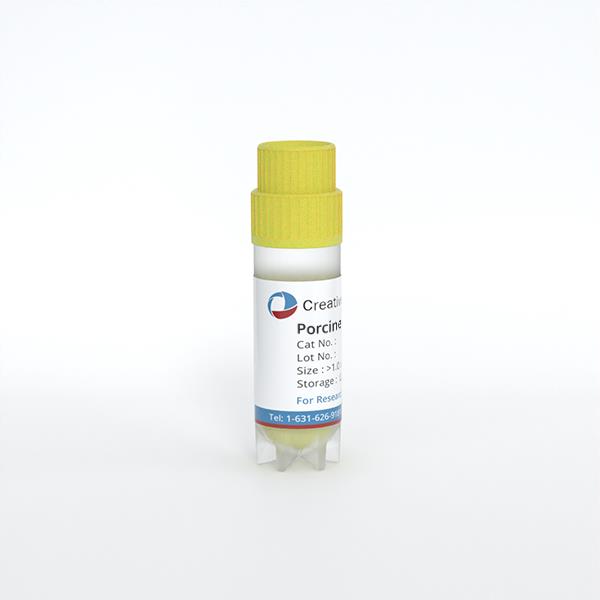ONLINE INQUIRY

Porcine Prostate Epithelial Cells
Cat.No.: CSC-C9251J
Species: Pig
Source: Prostate
Cell Type: Epithelial Cell
- Specification
- Q & A
- Customer Review
Freeze tubes at 4 °C for 30-60 minutes → (-20 °C for 30 minutes*) → -80 °C for 16-18 hours (or overnight) → liquid nitrogen tank vaporphase for long-term storage. Alternatively, the frozen tube can be placed in a programmable cooler for 1-3 °C per minute to below -80 °C and then placed in a liquid nitrogen vapor phase for long-term storage.
Ask a Question
Average Rating: 5.0 | 1 Scientist has reviewed this product
Full knowledge
I am very grateful to this company for the full knowledge and technical support to accompany me in my scientific research.
12 Apr 2023
Ease of use
After sales services
Value for money
Write your own review


